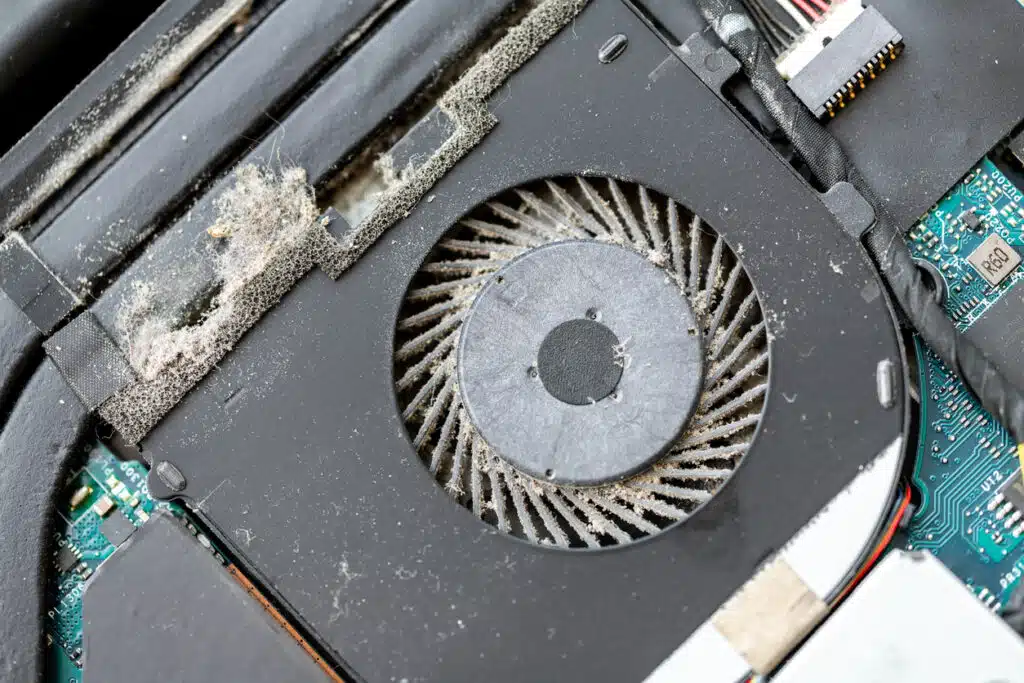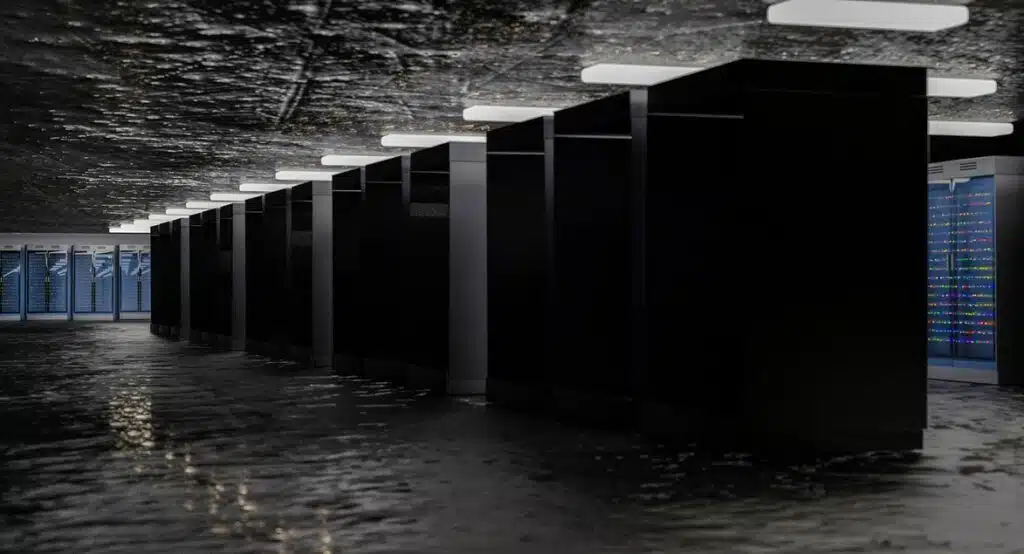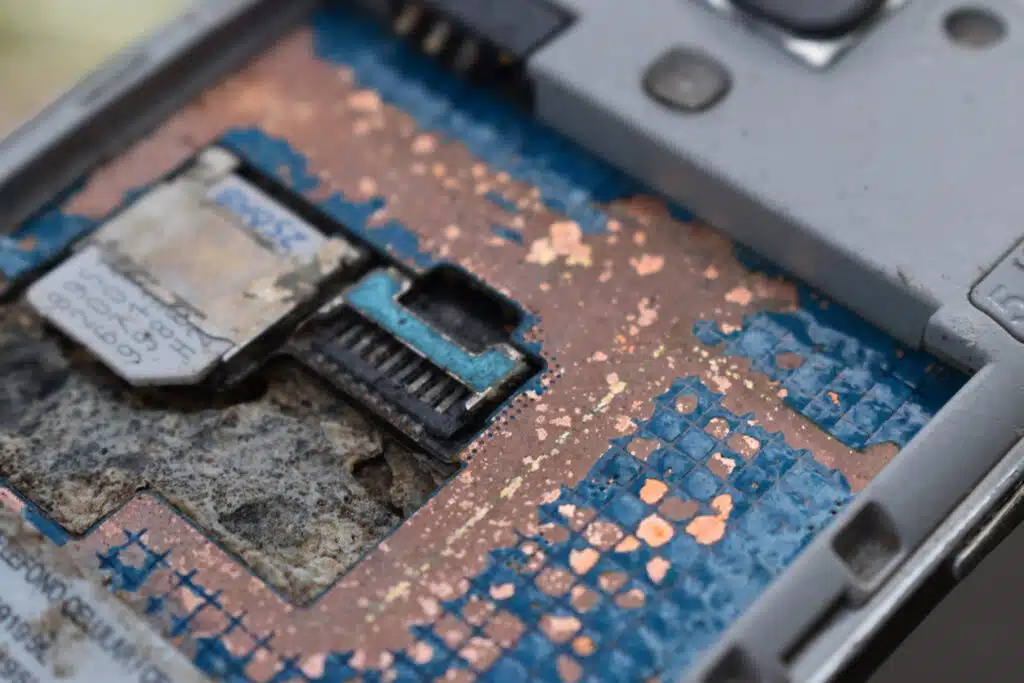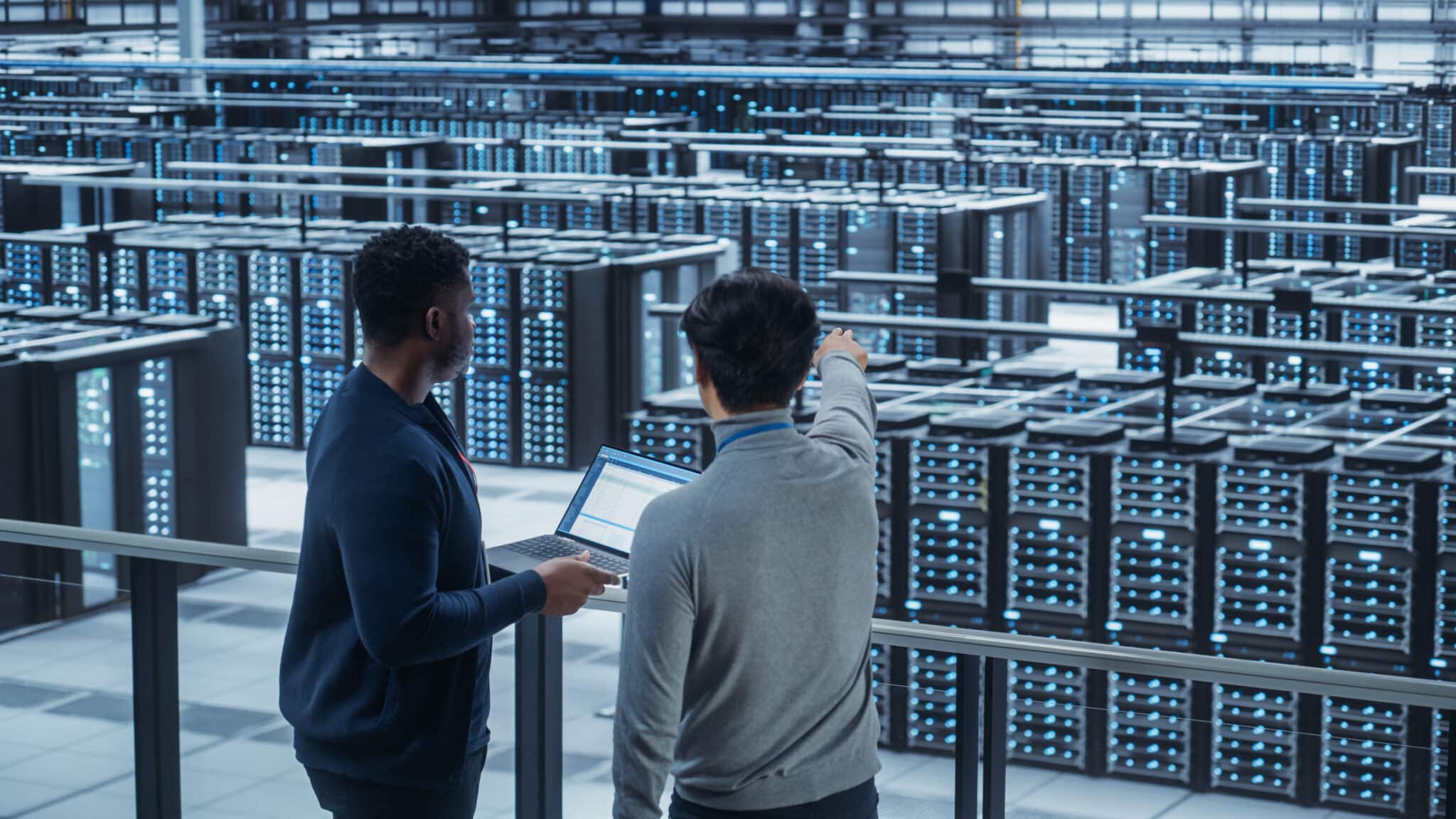In a world that keeps us constantly connected to all of our wants and needs, it’s easy to forget that all of that information – 2.5 million terabytes daily – needs to be stored somewhere. Data centers are the“brains” that keep our connected world running smoothly. Interruptions to these systems can range from inconvenient- you don’t get your package delivered on time– to catastrophic- an airline system goes down and thousands of travelers are grounded. That’s why it’s critical that these data centers stay up and running without unplanned interruptions. Remote monitoring with wireless sensors can make it easier and less labor-intensive to be on top of possible issues before they become big problems.
Data Center Monitoring with Differential Pressure Sensors
Impurities in the air, such as dust, pollen, salt in the air, and pollution particulates, can wreak havoc on the sensitive electronics in data centers. This means having a properly working air filter is crucial. But how can you be sure the air filter is working properly? By monitoring the difference in pressure on the two sides of an air filter, a differential air pressure sensor can help detect two different issues. First, if there is too much difference in air pressure, this can mean the filter is clogged and needs to be changed. Second, if there isn’t enough difference between the two measurements, this could indicate a possible tear or hole in the filter. Not only does this ensure the air quality of a data center is up to standards, it also helps save money, as the air filters will only be replaced when necessary and not before. Learn more about differential pressure sensors.


Flood Sensor for Data Centers
If you’ve ever had to stick your phone in a bag of rice, you know that water and electronics don’t mix . Of course, a water-soaked data center is a much harder problem to solve. And the amount of water, even just a little leak, can become a major problem. And since most server rooms are built with raised floors for air circulation, it’s not always easy to catch these problems early. This is why the flood sensors are essential for data center remote monitoring. A rope-style sensor can be laid out to cover a large area and can be set to tell you exactly how much water there is, so you can make informed decisions about the safety of your equipment and data.
Wireless Temperature and Humidity Monitoring for Data Centers
The NASA engineers in their short-sleeved dress shirts knew it – lots of electronics generate lots of heat. However, the bigger problem is that high temperatures can damage the servers and cause data loss. Thermostats can regulate the temperature, but may not be able to give you the advanced warning you need if there’s a problem. Secondly, the air conditioning used to cool server equipment creates humidity, which can lead to condensation and corrosion on motherboards, hard drives, sockets, and more.Using a sensor to monitor both temperature and humidity can give you ongoing, real-time information about conditions, and can also be set to alert you when they may be moving into a danger zone.

These sensors, like our entire Leap Sensors line, are designed specifically for enterprise and industrial use..
- A quick and simple installation process – be up and running in 5 minutes
- Real-time remote monitoring.
- Configurable alerts via text, phone, or email.
- Option to pass data to either your own DCIM software or the Leap Sensors software.
- Data logging for convenient, reliable record-keeping.
- Future proof – simple over-the-air updates and pre-configured nodes make it easy to expand your system.
Data centers are the backbone of our constantly connected world, and interruptions to these systems can have far-reaching consequences. Remote monitoring with wireless sensors can help prevent issues before they become catastrophic. Differential pressure sensors, temperature and humidity sensors, and flood sensors are all essential tools for data center remote monitoring. Leap Sensors offers a reliable and future-proof solution for data center monitoring. As our data storage needs continue to grow, it’s important to have a system that can adapt and grow with us. Contact Leap Sensors today to talk to one of our wireless sensor experts today.
